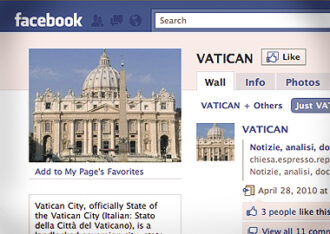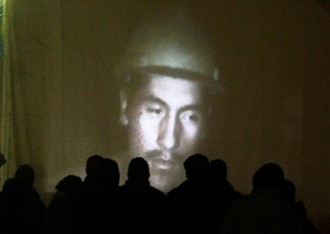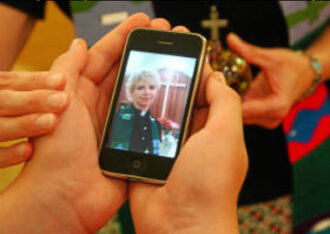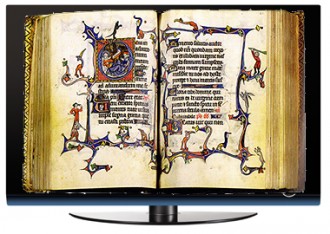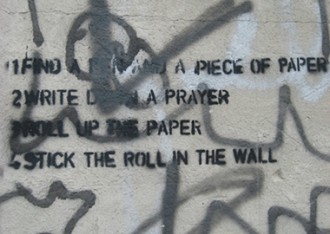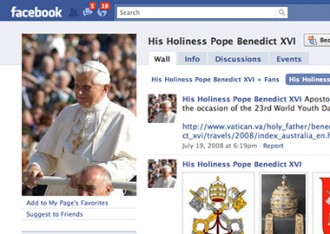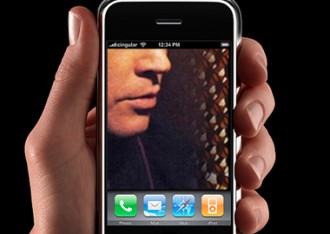
Confession Fail: iPhone App Controversy Muddies the Sacramental Waters
The Confession app relies on a certain level of theological understanding, liturgical compliance, and spiritual will that we might be hard-pressed to find in even a relatively sophisticated believer. This is not entirely a failure of catechism or human will, I suspect. Rather, it is a continuation of what I have seen as a failure of mainline Catholic and Protestant pilgrims into new digital territories to grasp the social nature of new media.
Read More

